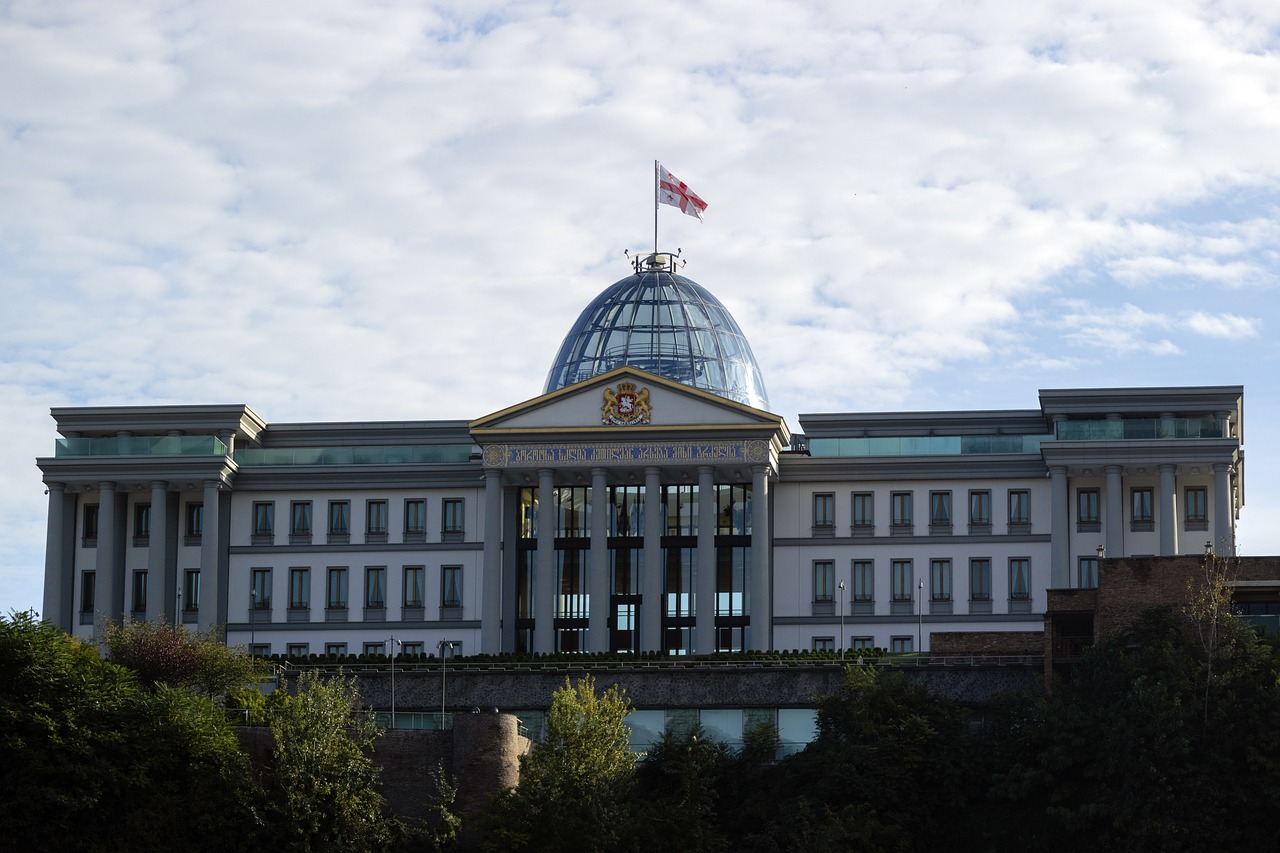Georgia: Controversial ‘foreign influence’ law approved by MPs

Georgia’s parliament has adopted controversial legislation targeting foreign-funded organisations despite weeks of street protests involving tens of thousands of people.
The Law on Transparency of Foreign Influence, which has also been dubbed “the Russian law” due to its purported resemblance to Russian legislation, was approved by 84-30 yesterday.
The bill requires NGOs and media organisations which receive 20 per cent or more of their annual revenue from foreign countries to register with the government as “organisations serving the interest of a foreign power”.
Water cannons and special police units were deployed in Georgian capital Tbilisi to disperse protesters opposing the law.
Georgian prime minister Irakli Kobakhidze has claimed the legislation is necessary because of NGOs trying to “organise a revolution”, “engage in LGBT propaganda” and “discredit the police, judiciary, and the Georgian Orthodox Church”.
However, opponents say the law will be used to suppress criticism of the government.
Russia has used its “foreign agent” law, introduced in 2012, to shut down human rights organisations like Memorial, which was subsequently named joint winner of the 2022 Nobel Peace Prize.
Marie Struthers, Amnesty International’s eastern Europe and central Asia director, accused Georgia’s ruling Georgian Dream party of having “bulldozed through this harmful law which tramples on the human rights of all people in Georgia”.
“This damaging bill contravenes Georgia’s international obligations on the rights to freedom of expression and association, and strikes at the heart of civil society’s ability to operate freely and effectively,” she continued.
“Independent civil society in Georgia contributes not only to the protection of human rights and delivery of essential services, but provides important checks and balances on the country’s increasing restrictions on human rights and civic space.
“We urge the Georgian authorities to cease their efforts to stifle freedom of expression, peaceful assembly and association. This legislation has no place in a society that respects human rights.”




